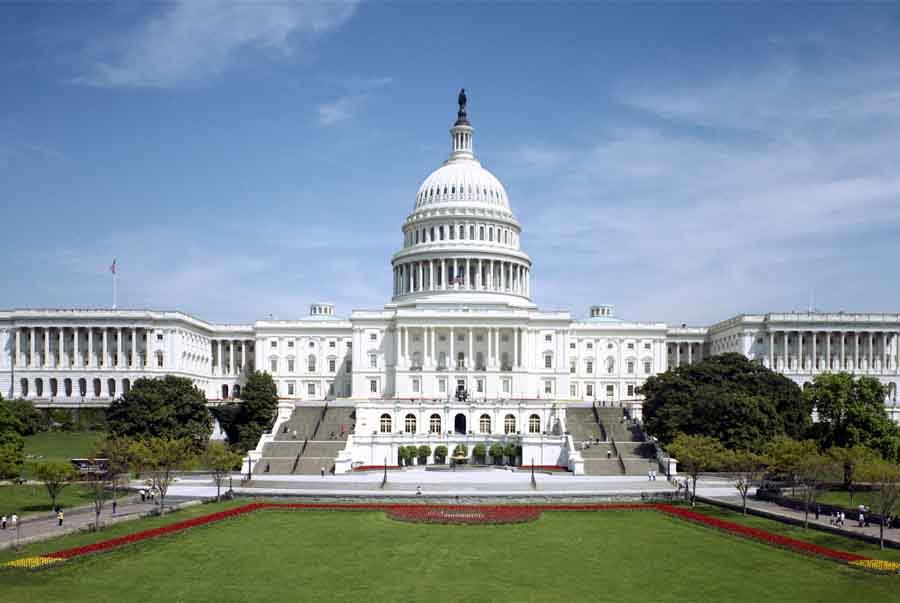Just a few months ago, the American federal government legalized sports betting by overturning PASAPA (the Professional and Amateur Sports Protection Act of 1992). Since then, we have seen many states begin offering sports betting services to their residents, several international operators make their way into the market and a few sports league announce betting partnerships.
Now that we know there is huge potential for growth in the American sports betting market, it’s time to determine the best way forward. To ensure that we go about this in the right way, the Subcommittee on Crime, Terrorism, Homeland Security and Investigations, held a hearing to find out what various industry professionals think of the newly legalized sports betting industry.
Perspectives from Both Sides
The hearing was quite balanced, hearing from a number of industry professionals from different areas. Pro gambling campaigners, anti-gambling activists and executives in the sporting world were all present to make their voices heard. These included:
- Sara Slane of the American Gaming Association
- Becky Harris of the Nevada Gaming Control Board
- Jocelyn Moore of the NFL
- Jon Bruning, a counsellor for Coalition to Stop Internet Gambling (CSIG)
- Les Bernal, national director of Stop Predatory Gambling
One of the major concerns by many anti-gambling advocates was the protection of the integrity of sport. Moore’s testimony even quoted a portion of PASPA, which said:
“Sports gambling conducted pursuant to State law threatens the integrity and character of, and public confidence in, professional and amateur sports, instills inappropriate values in the Nation’s youth, misappropriates the goodwill and popularity of professional and amateur sports organizations, and dilutes and tarnishes the service marks of such organizations.”
Push for Federal Policies
Moving forward, there is the need for strict policies in placed to regulate the sports betting market. While it was argued that these are needed on a federal level, states have already started this process and have been successful so far.
New Jersey, for example, has quickly put together a sports betting framework that is working. In fact, the state has already enacted regulations that congress is likely to consider when introducing sports betting policies.
New Jersey has been able to draw up rules and regulations that ensure gaming operators have the best interests of punters at heart while being able to generate impressive income from betting. Other states, and even congress itself, should certainly take a look at the way New Jersey is regulating its sports betting market for a great example of how it’s done. With these rules in mind, congress could certainly regulate sports betting in such a way that protects the integrity of sports.


